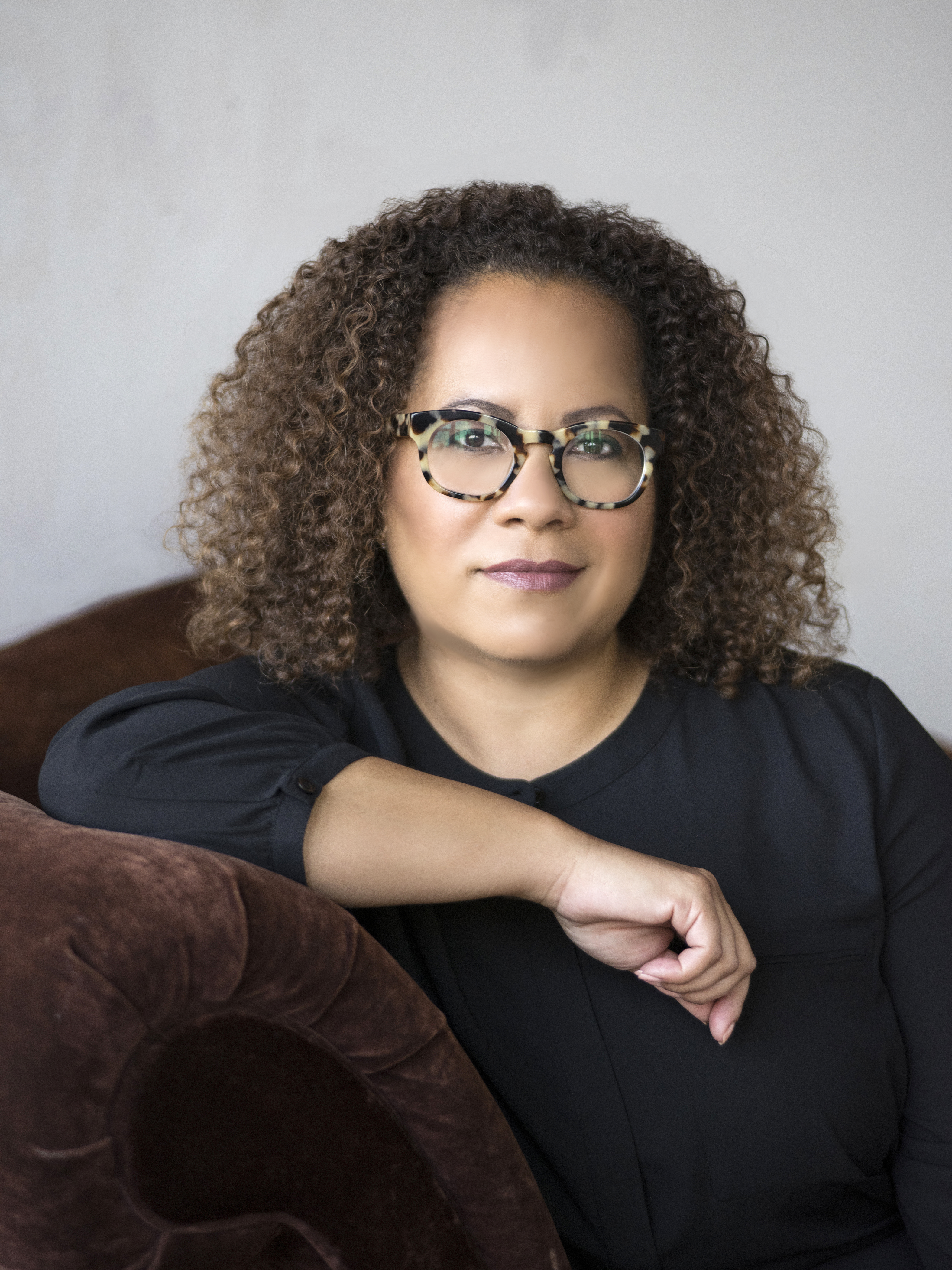
Erica Armstrong Dunbar will join Emory’s Department of African American Studies in fall 2024.
Photo by Whitney Thomas
The hiring of the award-winning author and co-executive producer of the popular HBO series “The Gilded Age” further cements the university’s commitment to the department’s interdisciplinary excellence in broadly exploring history, culture and politics, including through its new PhD program.
“We are delighted to welcome such a scholar of Dr. Dunbar’s eminence to our faculty and are grateful that all of Emory and the Atlanta community will benefit from her extraordinary accomplishments,” says Barbara Krauthamer, dean of Emory College of Arts and Sciences.
Dunbar first earned recognition as a leading historian of African American women and 19th-century American history with her first book, “A Fragile Freedom: African American Women and Emancipation in the Antebellum City,” published in 2008.
She went on to serve as inaugural director of the program in African American History at the Library Company of Philadelphia from 2011-18. She also served as national director of the Association of Black Women Historians from 2019-22.
Dunbar joins Emory from Rutgers University, where she has been the Charles and Mary Beard Distinguished Professor of History since 2017.
Her second book, “Never Caught,” told the story of Ona Judge, an enslaved runaway who self-liberated from George and Martha Washington, for the first time. The narrative non-fiction account was a finalist for the 2017 National Book Award and winner of the 2018 Frederick Douglass Book Award.
Dunbar says she was attracted to Emory because of its reputation for supporting similar research and for faculty who have positioned the African American studies department to be among the nation’s best.
“I am excited to join a community of scholars with a stellar reputation of work that informs different arenas across the academy and the community,” Dunbar adds. “I’m looking forward to the energy and the collaboration of working with undergraduate and graduate students as well as being in conversation with the vibrant faculty at Emory.”
This fall, Dunbar plans to build immediately on her public scholarship examining the lives of free and enslaved African American women in 19th-century America with two book projects.
She will involve undergraduate and graduate students in both her planned series of biographies for middle-grade readers and a book-length monograph on Black women during the Civil War and Reconstruction eras.
She also will continue her work on “The Gilded Age,” which discusses racial and gender inequality in late-1800s Manhattan.
“It is a real testament to her skill that her rigorous scholarship is so accessible,” says Kali Gross, National Endowment for the Humanities Professor and chair of the Department of African American Studies. “We are elated to have her join us.”
